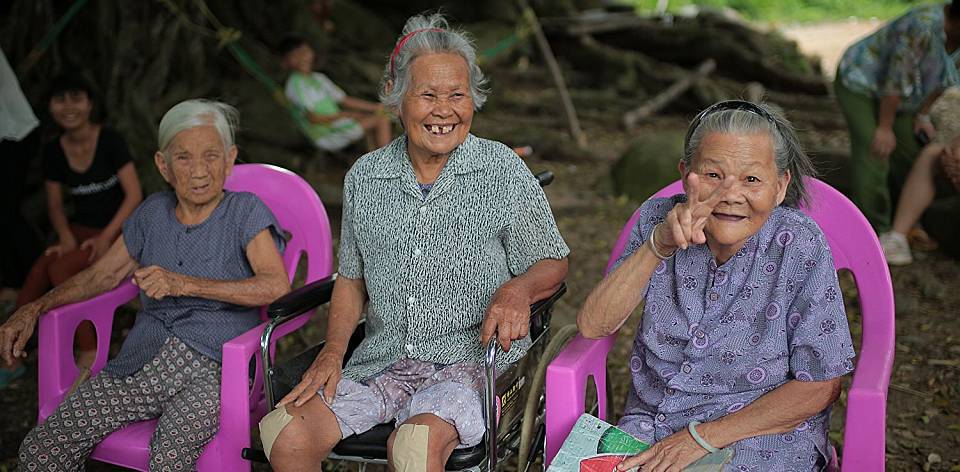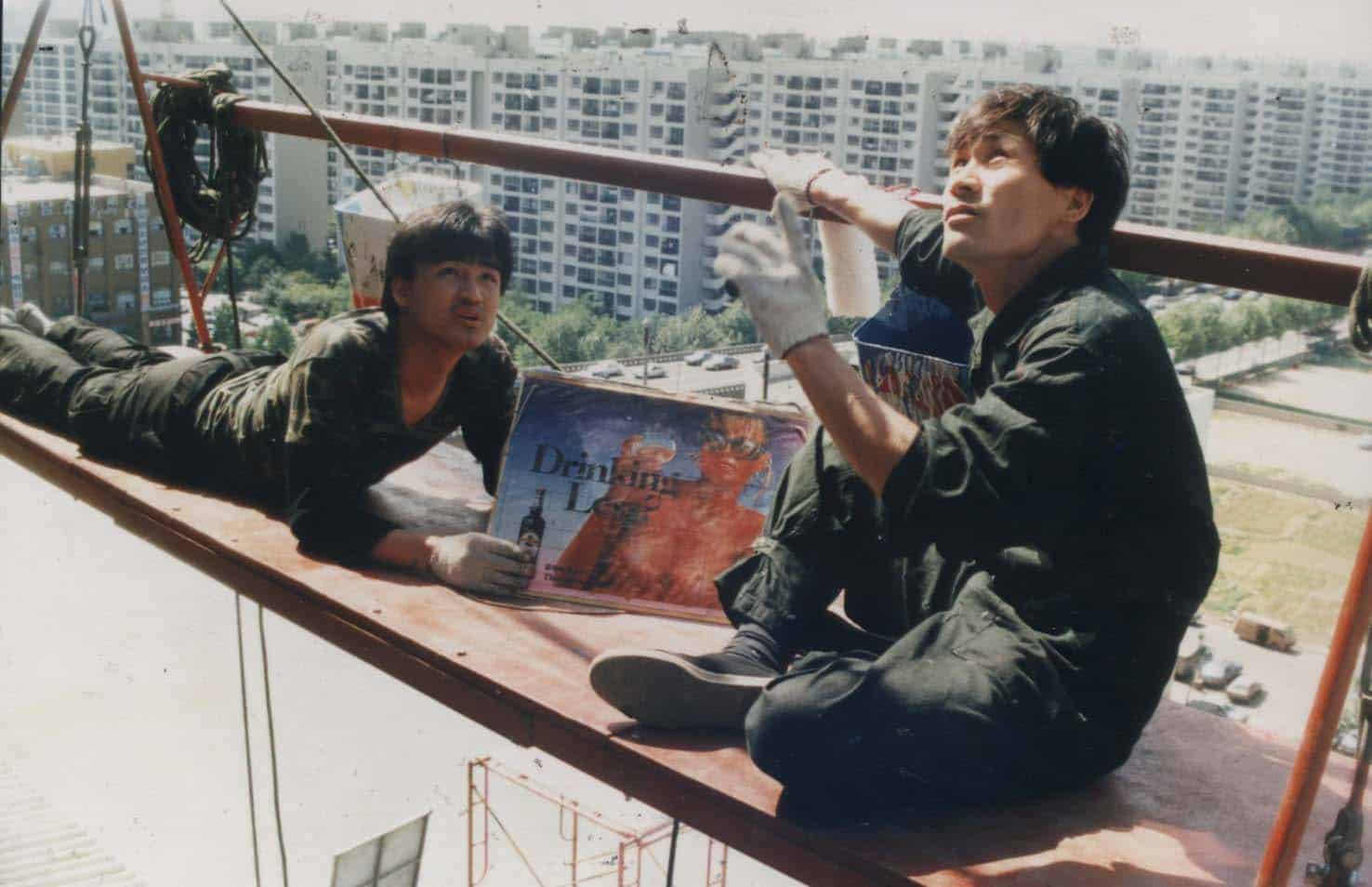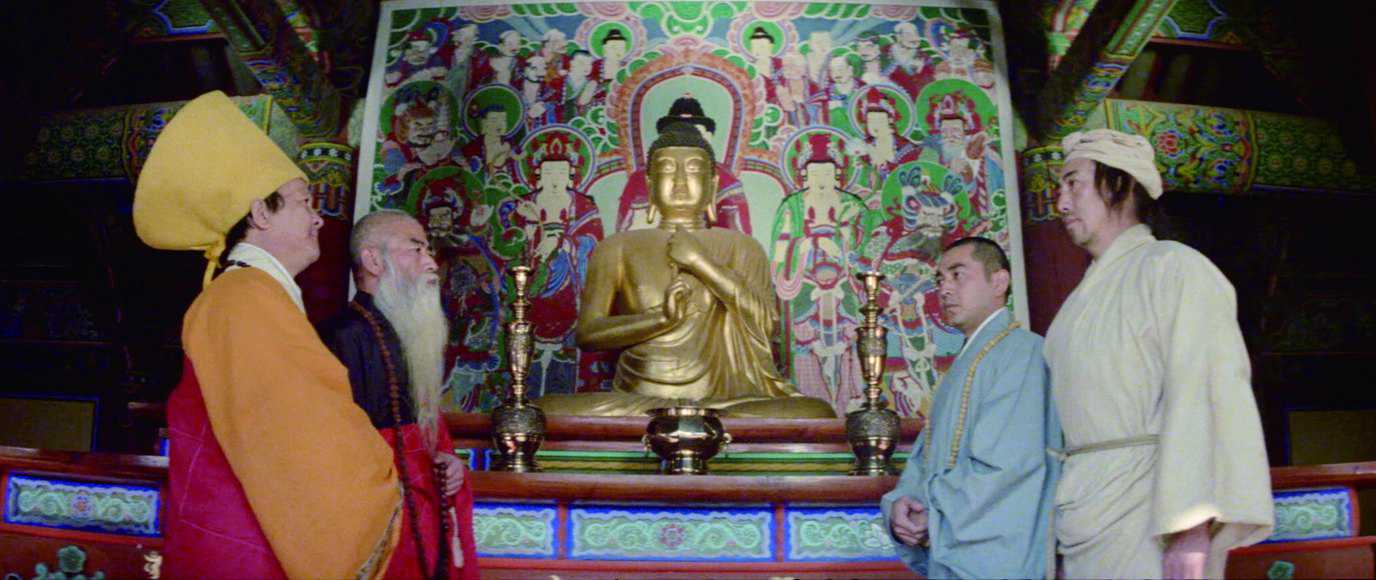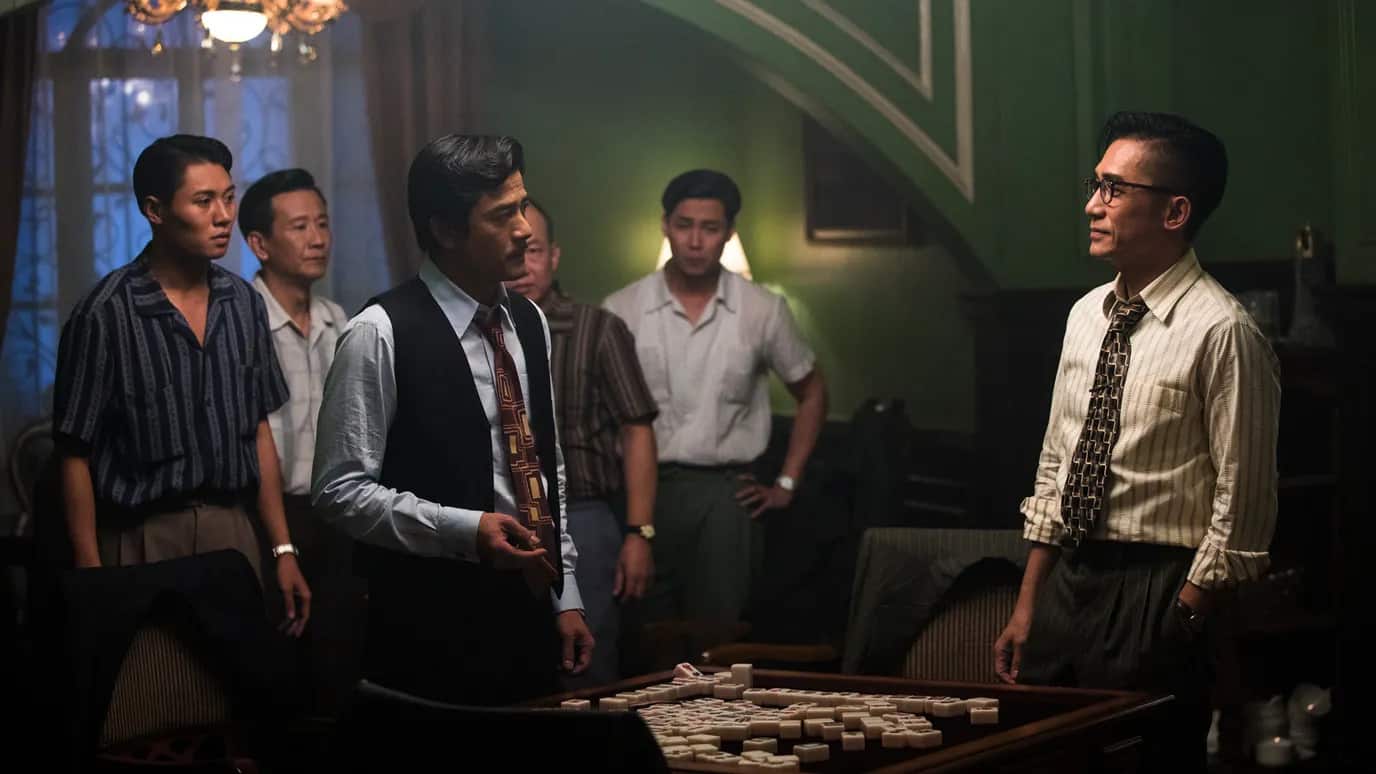During the latest years, a number of documentaries (“The Apology”, “Comfort Women”, “Silence Broken”) and films (“Snowy Road”, “Spirits' Homecoming”) regarding the issue of “comfort women”, which has even been causing political friction between Japan and a number of neighboring countries, including China and S. Korea. Ke Guo's “Twenty Two” deals with the same subject after his short “Thirty Two” and is the most commercially successful effort of all, since, upon its release in China in September 2017, it became the country's highest-grossing and most-popular documentary of all time.
“Twenty Two” screened at the 9th International Chinese Film Festival

At the time of the initial shooting of the documentary in 2015, only 22 of the 200,000 Chinese victims forced into sexual slavery during World War II remained alive. After the movie was re-edited and received mainland China release in 2017, only 8 of those 22 still remain. The first edition was shown at several film festivals. The new version is a 99-minute cut and it was edited by famous editor Ching-Song Liao.
Ke Guo takes a very careful approach to his subject, as he tries to learn as much as possible regarding the tortures of these women, without forcing them, though, to speak about topics most of them want to forget. At the same time, his focus seems to be mostly on their lives currently, rather than their past, although both the aforementioned elements do not mean that the horrors of the experiences of these women in the hands of the Japanese soldiers are not depicted. On the contrary, through their interviews, a number of shocking details regarding forced marriages, continuous rapes and an everlasting shame are presented quite thoroughly, to the shock of anyone watching.
Furthermore, in his effort to present his subject as spherically as possible, he includes interviews with relatives, most of which know very little about their ancestor's experiences, activists who try to help, journalists and employees at asylums the women reside. The most shocking one, however, comes when a man who was born of rape is interviewed, with his life story presenting the multilevel consequences the actions of the Japanese had.
Ke Guo's approach is somewhat artistic at times, as the cinematography of the documentary is impressive, particularly at the rural areas, where the slow-motion depicted rain presents a number of outstanding sequences, but this approach does not detract a thing from the documentary, as it actually complements the low-key atmosphere the director wanted to implement. This accomplishment owes much to Ching-Song Liao's editing, which combines the different footage (interviews, images of the locations the women reside, on-screen text with various information about their story) with artistry, as his effort allows the documentary to flow smoothly, without becoming overly “heavy”, despite its main theme.
“Twenty Two” is a great documentary that manages to highlight a very important issue with artistry and sensitivity, without stripping it of the shock the actual events provide.
















